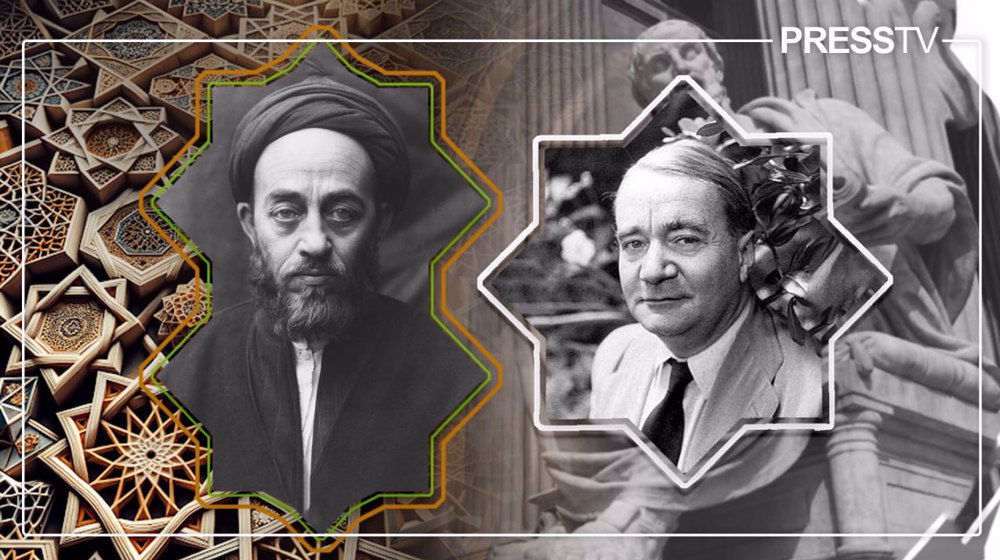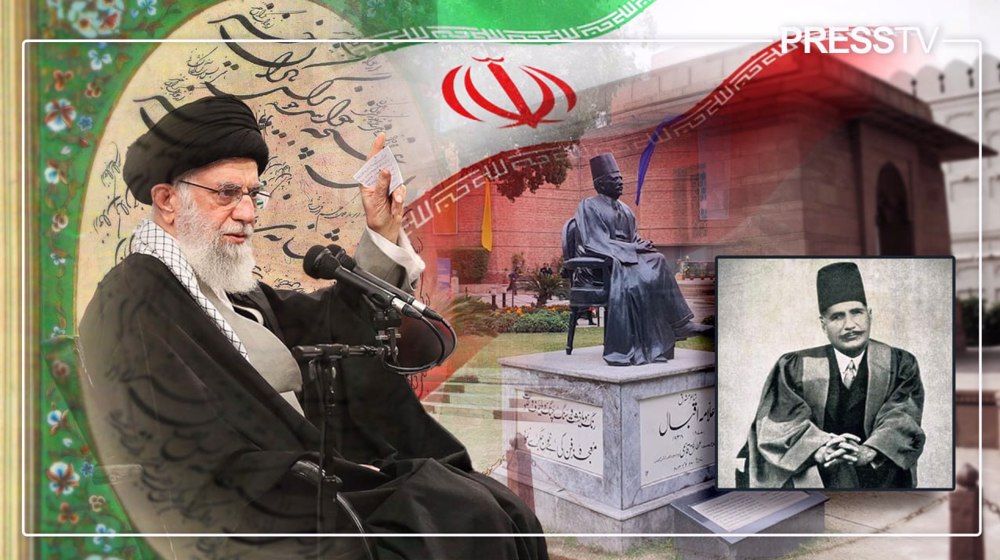Saudi Arabia creating problems in Iran Hajj talks: Iran minister
Iran's minister of culture and Islamic guidance says Saudi Arabia is creating problems for the dispatch of Iranian pilgrims to this year’s Hajj rituals.
“Unfortunately, the Saudi government has created problems in the past few months,” Ali Jannati told reporters in the capital Tehran on Monday. “We are seriously seeking to dispatch pilgrims to [the holy Saudi city of] Mecca.”
He also said officials in Riyadh “are creating problems both in the way of the air transport of Iranian pilgrims to Saudi Arabia by Iranian airplanes, and issuing visas for the pilgrims.”
Iran has already announced to Riyadh that the Swiss embassy in Tehran, as the Saudi interest section in Iran, has to issue visas for Iranian pilgrims to attend Hajj rituals in Saudi Arabia, the minister said, adding that Saudi authorities insist the visa issuance process must be carried out in a third country, which is “not acceptable to Iran by any means.”
Complaining about Riyadh’s lack of cooperation with Tehran, he said it is past time for Saudi Arabia to issue visas for the Iranian officials responsible for arranging accommodations for this year’s Hajj pilgrims.
An Iranian delegation has been sent to Saudi Arabia to discuss Hajj for the current year, the minister noted, adding that this was the first time ever for an Iranian delegation to receive visas for Saudi Arabia via a third country. Jannati further said that Iran’s Hajj and Pilgrimage Organization has been assigned to announce Iran’s conditions to Saudi officials, stressing that Riyadh should “accept” the conditions in order for Iranian pilgrims to be dispatched to Saudi Arabia for Hajj.
Visa problem still persists
Following five days of negotiations with Saudi officials, Head of Iran's Hajj and Pilgrimage Organization Saeed Ohadi said late on Monday that Riyadh had finally agreed to the transfer of Iranian pilgrims by the Islamic Republic’s airlines, adding, however, that the problem of visa issuance has not been solved yet.
“Iran has called for visa issuance to be carried out inside the country. Our Foreign Ministry has also announced that it will provide all equipment in this regard,” Ohadi said, noting that Saudi officials have yet to declare their decision on the matter.

Riyadh’s measures come in the wake of a deadly stampede last year, which drew strong criticism from Tehran.
The crush took place on September 24, 2015, after two large masses of pilgrims converged at a crossroads in Mina, near Mecca, during the symbolic ceremony of the stoning of Satan in Jamarat.
The crush was the deadliest incident in the history of the pilgrimage. According to an Associated Press count based on official statements from the 36 countries that lost citizens in the disaster, more than 2,400 pilgrims were killed in the incident.
Saudi Arabia claims nearly 770 people were killed in the incident, but officials at Iran’s Hajj and Pilgrimage Organization say about 4,700 people, including over 460 Iranian pilgrims, lost their lives.
Saudi Arabia severed diplomatic relations with Iran on January 3 following demonstrations held in front of the Saudi embassy in Tehran and its consulate in the northeastern city of Mashhad by angry protesters censuring the Al Saud family for the execution of prominent Shia cleric Sheikh Nimr al-Nimr in Riyadh the day before.
Nimr’s execution caused international outrage and sparked anti-Saudi demonstrations in many countries.
Some 100 people were detained over the acts of transgression. Iranian officials also strongly condemned the attacks.
Hezbollah attacks Israeli forces after Lebanese homes blown up
World leaders, states hail ICC arrest warrants for Netanyahu, Gallant
MP: US accountable for possible Israeli 'foolishness' to attack Iraq
VIDEO | Israeli policies strangle Palestinian agriculture, economy
Iran's president offers condolences to Pakistan over terrorist attack
Canada’s Yukon town council at standstill over refusing oath to King Charles
Yemen's Houthi calls for jihad to protect Palestine against Israel
VIDEO | Internal rifts within Israel














 This makes it easy to access the Press TV website
This makes it easy to access the Press TV website